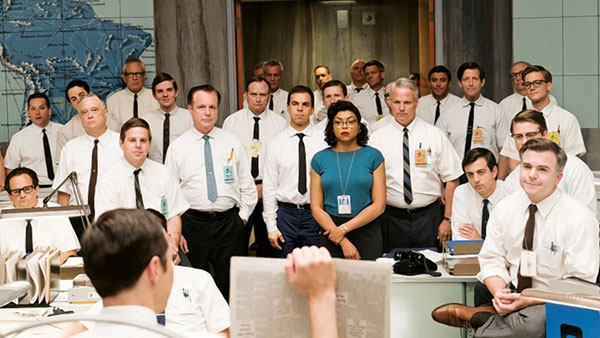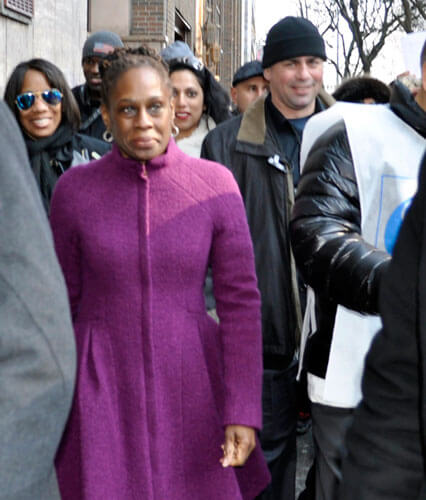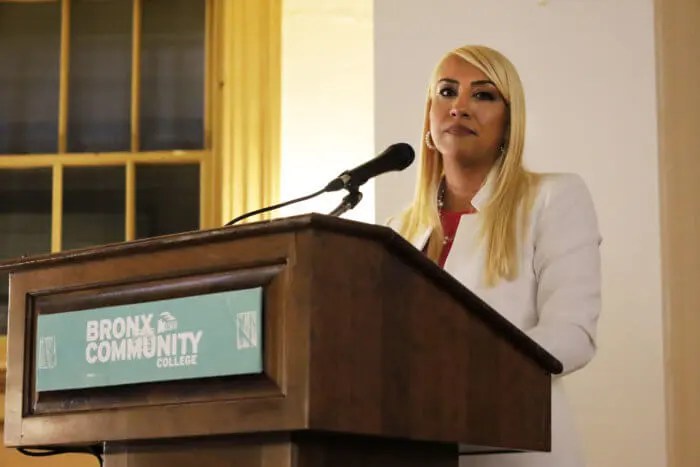The fact thousands of women converged on Washington D.C. on Jan. 21 to protest the inauguration of the 45th US president and that — from Antarctica to Zimbabwe like-minded women exhibited solidarity mirroring similar disdain for his election — a conclusion could be drawn that the date could be designated Women’s History Day.
In actuality, a day acknowledging women is March 8.
The theme for this year’s International Women’s Day is “Be Bold For Change.”
The first Women’s Day took place on Feb. 28, 1909 here in New York City as a national observance organized by the Socialist Party.
Spurred by a growing socialist and labor movement, it honored the one-year anniversary of the garment worker’s strikes in New York that had taken place the previous year.
Influenced by a mass protest in 1857 when garment workers rallied for equal rights and a 10-hour day, thousands of women took to the streets to march for economic rights through lower Manhattan to Union Square.
Within two years, Women’s Day had grown into an international observance that spread through Europe on the heels of socialism.
It took the United Nations a long time to acknowledge the precedence but ultimately the world body officially marked International Women’s Day in 1975.
Feminist activists were not completely satisfied with such a meager gesture. They continued to mobilize took issue with how the history books ignored their contributions, noted the many milestone accomplishments despite pervasive imbalance in pay and advocated for an extension of the period of celebration from a singular day.
They campaigned to institute a “Women’s History Week” in 1978.
They lobbied Congress and with consistent pressure to declare a seven-day acknowledgement of the often-trailblazing gender once deprived of equal opportunity and recognition President Jimmy Carter proclaimed the first national Women’s History Week.
The official and national declaration from March 2-8, 1980 proved to be a stepping stone to a month-long tribute.
The Women’s National History Project (WNHP) took the lead to lobby for that extension to celebrate the “fair sex” often deprived of equal wages.
Congress yielded and passed a proclamation in 1987 establishing Women’s History Month.
It did not take long for other countries to adopt similar month-long events.
In March 2000 Australia began holding its own Women’s History Month.

In 1992 Canada began celebrating Women’s History Month.
The northern neighbor chose October as the designated month to commemorate the so-called Persons Case — in which the Privy Council of England (then Canada’s highest court of appeal) ruled in October 1929 that females were persons under the law — a decision that contradicted an earlier ruling of the Supreme Court of Canada.
The Theme for this year’s WNHP — “Honoring Trailblazing Women in Labor and Business” lauds 13 women — among them: Norma Yeager, the first female stockbroker permitted on the floor of the NY Stock Exchange. She fought for women’s right to join men on the floor of the New York Stock Exchange. She went on to found a mutual fund and two security brokerage firms. Her story is now being developed into a motion picture.
Addie Wyatt, a labor union leader and Civil Rights activist was a leader in the struggle for the Equal Rights Amendment. Eleanor Roosevelt appointed her to the United States Commission on the Status of Women in the early 1960s and in1966. She was a founding member of the National Organization for Women.
Wyatt became a founding member of the Coalition of Black Trade Unionists in 1972. Two years later she was the pivotal force in the founding of the Coalition of Labor Union Women (CLUW) where she gave the keynote speech addressing 3,200 women.
In 1975, TIME Magazine named her one of “Twelve Women of the Year.” A year later she became International Vice President of the United Food and Commercial Workers. As a leader in the labor movement, the civil rights movement and the women’s right movement, Wyatt was known for her patience and persistence. She was a conciliator who built bridges for greater inclusion and for leadership opportunities for women and minorities. She counseled Barack Obama when he was a young community organizer in Chicago. She died in 2012.
Lilly Ledbetter is an equal pay activist who took her case of employment discrimination all the way to the U.S. Supreme Court and beyond. Today she is a women’s rights and civil rights activist and sought after speaker. Ledbetter grew up near Jacksonville Alabama; she married, had two children, and worked various office jobs. In 1979 she got her dream job working as a manager at the local Goodyear tire factory. As the only woman working on the factory floor, she faced daily sexual harassment. Despite the discrimination, she worked hard and stayed at Goodyear, hoping it would eventually get better. In 1998, after 19 years with the company, Ledbetter received an anonymous note informing her that she was paid significantly less than men doing the same job. In response, Ledbetter filed a sex discrimination case against her longtime employer. The very first bill President Obama signed into law on Jan. 29, 2009 was the Lilly Ledbetter Fair Pay Act.
Alexis Herman is a former secretary of labor. At the age of 29, Pres. Carter’s appointment made her the youngest director of the Women’s Bureau in the history of the Labor Department. In 1992, she became the first Black American woman to serve as an Assistant to the president as the Director of the White House Office of Public Liaison. On May 1, 1997, Herman was sworn in as America’s 23rd Secretary of Labor and the first African American ever to lead the United States Department of Labor.
20th Century Trailblazing Black Women “Figures” in 21st Century Flick
A biographical drama called “Hidden Figures” is becoming historical text for schools and the entire community. Focusing on the contribution of Blacks who impacted the space program, the film features an ensemble cast starring Octavia Spencer, Taraji P. Henson, Janelle Monae, Kevin Costner, Jim Parsons and Mahershala Ali.
The Oscar-nominated historical drama highlights the untold stories of Katherine Goble, Dorothy Vaughan and Mary Jackson — three African-American women who were vital in launching astronaut John Glenn into space in 1962.
Last Saturday, in honor of Black History Month, 21st Century Fox and AMC Theatres screened the movie in 14 major markets nationwide for free.
A contender for best picture at the Oscars, the movie grossed over $131 million at the domestic box office.
Appropriate as a worthy historical contribution to Black History and Women’s History, school and community groups can go online and request a free screening in their community. The deadline to apply is Feb. 28, and winners will be announced in March.
The 89th Academy Awards airs Sunday at 8 pm on ABC-TV. Tune in to see the many female, history makers.
Catch You On The Inside!



























